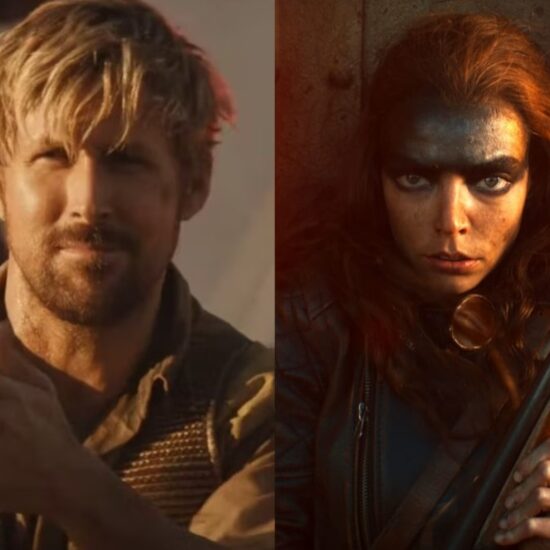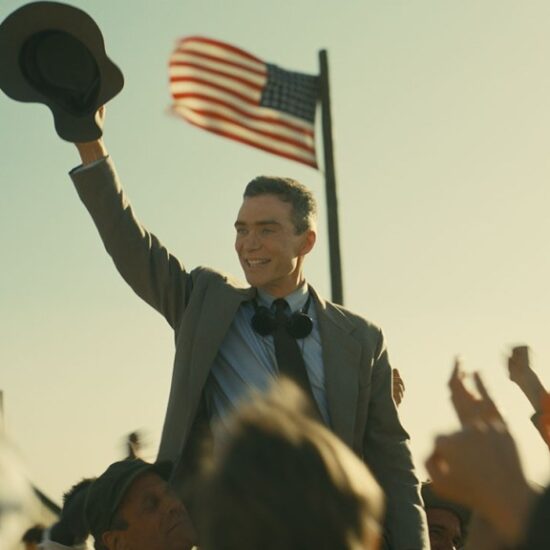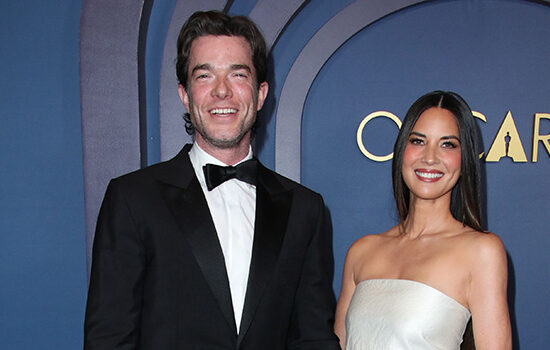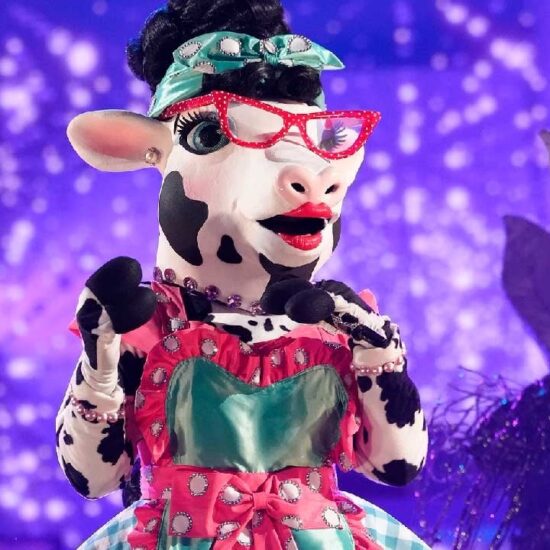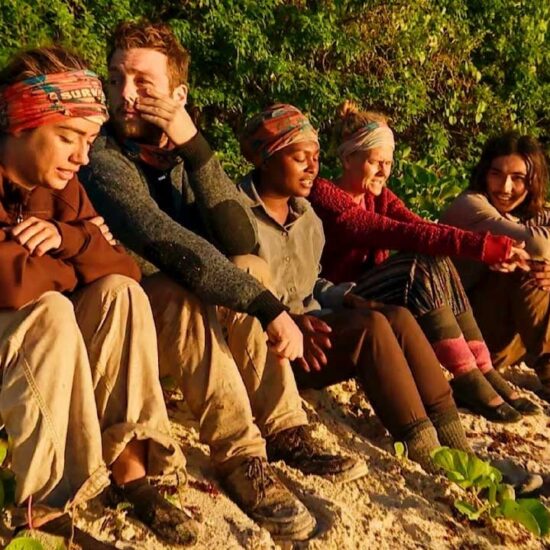
Being attached to a big role on one of the most respected television shows in history is the ultimate double-edged sword in entertainment, even more so if that role was as a member of the Italian mob. Michael Imperioli should know that better than anybody, since most people would immediately recognize him as Christopher Moltisanti, one of the most intriguing characters on The Sopranos. But instead of letting himself be typecast in the 15 years since the show ended, Imperioli has been keeping busy in order to buy himself some time. You’ll see him pop up in an indie film, then maybe on an episode of a network crime procedural here, a SAG Award-nominated part in One Night in Miami there — but that next big role on a television show was going to have to be something really special. He found that and then some playing the broken, sex-addicted Dominic “Dom” Di Grasso on the second season of HBO’s The White Lotus. Imperioli — along with a stellar cast that includes Jennifer Coolidge reprising her Emmy-winning role from the first season, F. Murray Abraham and Aubrey Plaza — was tasked with trying something out of the ordinary: making the second season of a television show set in the same posh, all-inclusive resort universe as the first, but doing it with an almost entirely new cast of characters, in a different location and with different stories.
A well-known project with a winning track record that doesn’t involve him being a member of the mafia with a thick New Jersey accent, The White Lotus: Sicily offered him a chance to do something different for his résumé and a chance to give some viewers a new way to look at an actor they know for a specific role. But for Imperioli, it’s work. If he’s not acting, he’s busy doing something — from writing novels and screenplays to playing in his band, Zopa. As he tells THR, playing around with different artistic mediums isn’t so much something he does out of boredom, but more of an opportunity to always have an outlet for his unbounded creativity.
You’ve done so much between The Sopranos and The White Lotus. You wrote a novel, you play regularly in your band, you podcast. Do you feel the need to always be doing something creative, or is it more that you’re looking to expand your horizons and keep redefining yourself?
I started playing music around the same time I started studying acting, and I started writing not long after that. It took me a lot longer to really find any kind of voice as a writer or any kind of proficiency for quite a while because I didn’t really study it. I did study acting for a long time, as well as producing theater and directing theater and things like that, in my early 20s. I don’t look at it as trying out some new form, because all of these things have always been with me. But they were always just means of creative expression. For somebody like me, it’s important to have different modes of creative expression, because with acting you’re sitting around waiting for the next series or movie to cast you.
I imagine you’re also careful about not getting pigeonholed as an actor.
People are very skeptical when you’ve achieved some kind of very public notoriety, especially in something like TV. A lot of people think, “Oh, now you’ve got this commercial success, so you’re using that to try some other thing.” But I came up in the early ’80s in downtown New York, where multidisciplinary artists were the norm. Cross-pollination between punk rock and experimental theater and film and painting — it was very fluid. When you reach any kind of commercial success, especially in something like television, to call yourself a multidisciplinary artist kind of sounds really pretentious, but people do that all the time. (Laughs.)
Something I appreciate about your roles in both The Sopranos and The White Lotus is that you work really well with others. What do you like about working with an ensemble cast?
Collaboration is always something that’s really important to me, especially when I can work with friends and people that I’ve done stuff with. My wife and I built a theater that we opened in 2003, Studio Dante, where it wasn’t really a company — it was really a theater that we ran, but it kind of became [a company] de facto. It was a lot of colleagues that we had worked with over the years in film and theater and television. And to me, it’s not just being collaborative with colleagues. I feel like very much part of a scene that started in the ’80s in New York, when I started going to acting schools, some of whom I still work with today. And also connected to a certain lineage in New York. I really appreciate the collaborative spirit when everyone’s working toward a thing.
Courtesy of Fabio Lovino/HBO
F. Murray Abraham plays your father on The White Lotus, and I couldn’t get over how I kept thinking, “They really feel like they could be father and son.” How did you two make it work?
Murray and I became really good friends doing this, I think for a number of reasons. We have a shared appreciation for what we do, but he’s a very different actor than I am. He brings a certain theatricality to his work, yet it’s grounded in so much truth that there’s magic that happens. It’s hard really to explain, but it’s very profound to work opposite of him. And by “theatricality,” I don’t mean “artificial” or anything. If you do a lot of film and good television acting, you really get used to keeping things very contained. The eyes are the most important thing at the end of the day, especially on television because there are always going to be close-ups, more so than filmmaking. Whereas theater acting is so much about the whole instrument. And with Murray, my hotel room was underneath his, and I could hear him doing vocal exercises every single day. Even when he had COVID. We both had it at the same time, and I was dying with a sore throat. I couldn’t even speak. And I hear Murray singing. He’s 82 years old, doing it every day while he’s got COVID. He just really embodies someone who has dedicated his life to the art and loves it and respects it.
You’ve now played a character with roots in Naples on The Sopranos and another with roots in Sicily on The White Lotus. As an Italian American, how do these roles help you better understand your own background?
I was around 25 when I first went to Italy, and I went to Rome, which is where my family’s from. It was a very profound experience — I was really overwhelmed. I broke down in tears, and I don’t really know why. There were things that really seemed very familiar. Sounds, people’s voices, faces, smells, light. Yet it was foreign — it was familiar and foreign. I had never had that experience. I’d been to other different countries, and I was always a foreigner. And I was a foreigner in Italy, yet there was a strong connection to it.
With The White Lotus, you’re coming on for the second season of one of the biggest critical hits of the past few years. What was the biggest challenge?
It was a kind of win-win situation because it’s like you’re on a new show but it’s already a hit. It’s a very rare opportunity and situation that I’ve never been in. You might join a hit show in the third season or something as a new castmember. But this was very specific because you don’t have to watch season one to know what’s going on in season two at all. The challenge is just living up to what they did in the first season. I didn’t even see the first season until after I auditioned.
Did writer-director Mike White have any specific advice on how you could live up to what the first-season cast did?
I think he was concerned about making it real and honest. We were really on the same page about the character, [and] talking about addiction is where we both found common ground. When I got to Italy, I had gone through all the scripts and had my notes and had little suggestions here and there, some of which made it into the script without any kind of ego issue, and nothing extensive. It wasn’t about that. But there were little nuggets that I thought might work and he was totally open to incorporating that if he liked them.
I think the [first season of the] series works because the actors played these characters so truthfully, they weren’t caricatures. Even the character of Shane, played by Jake Lacy — everybody knows a guy like that. But he played it so truthfully. A specific and honest portrayal of somebody who easily could have been written off as some kind of stereotype. When I started watching the show, in the first couple of moments I was like, “Is this going to be some cynical statement about how rich people suck and the world sucks and everything’s shit?” It was anything but that. [White] really shows people with a lot of dimension and humanity and compassion for all of us. I found that very inspiring.
Interview edited for length and clarity.
This story first appeared in a November stand-alone issue of The Hollywood Reporter magazine. To receive the magazine, click here to subscribe.









